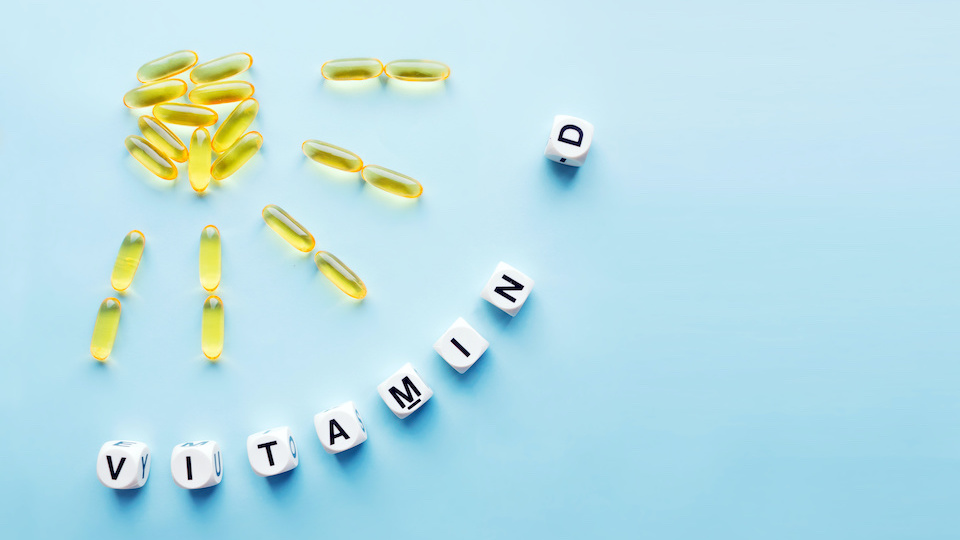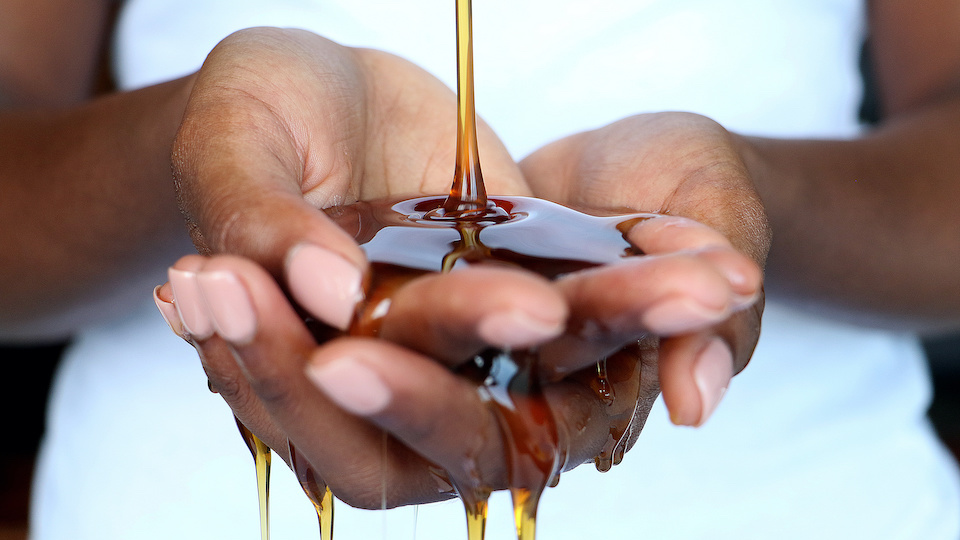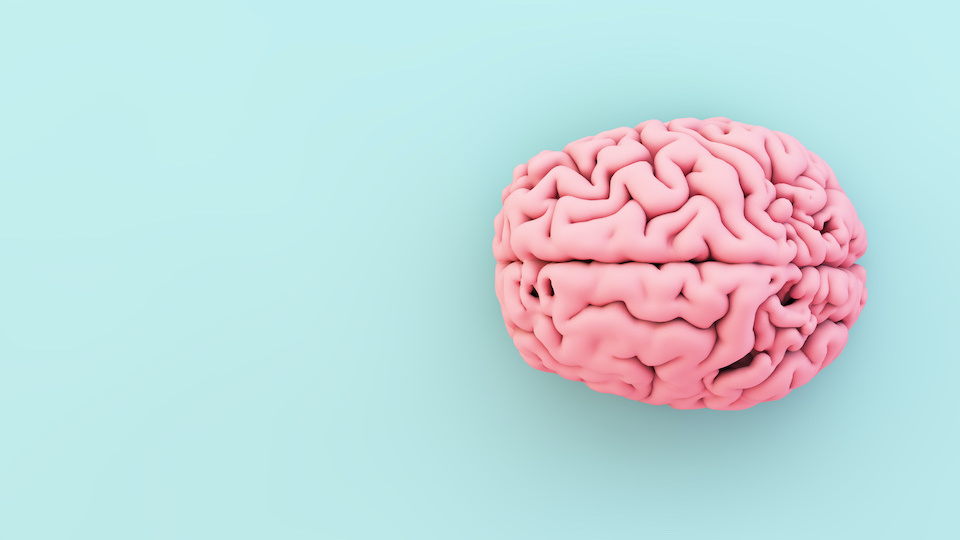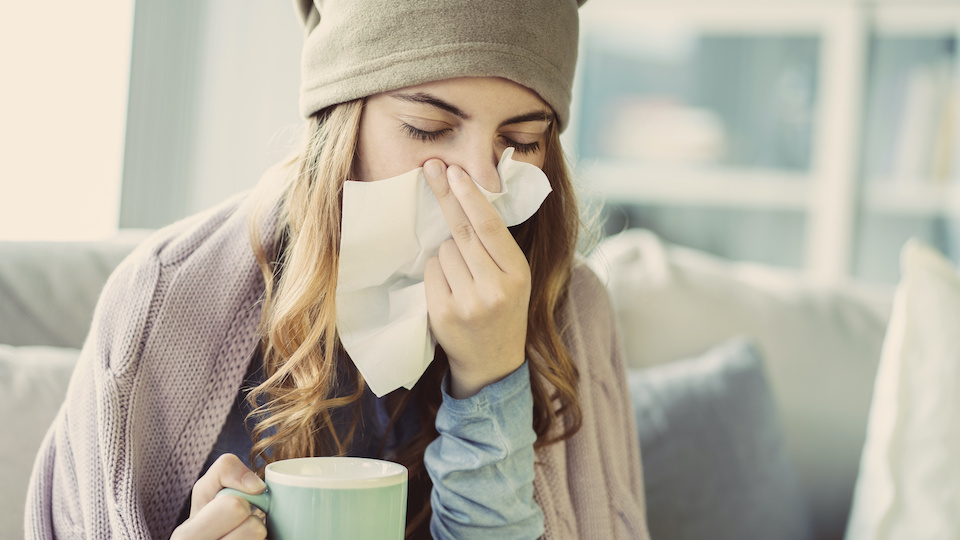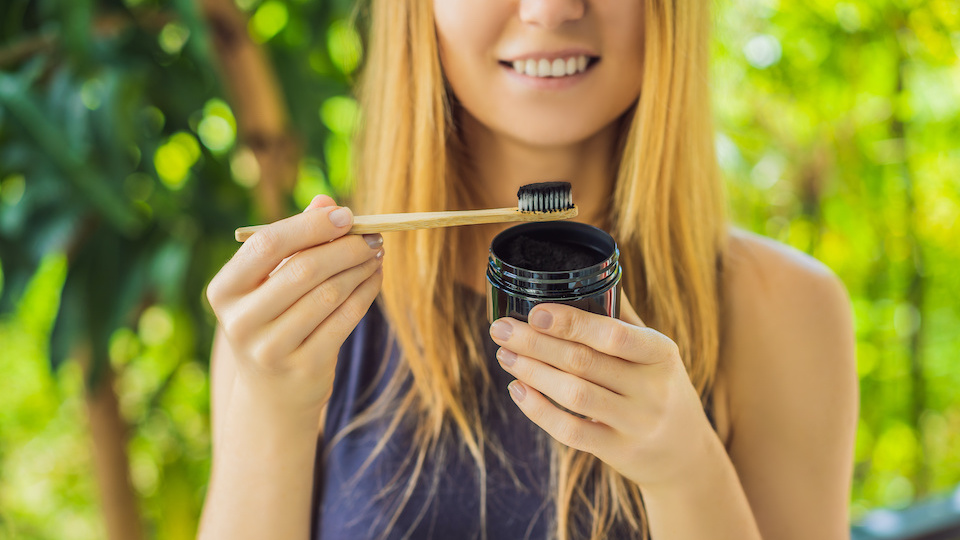Experts suggest that half of all Americans are vitamin D deficient. But without supplementing, it would take twenty minutes of sunshine daily — with over 40 percent of your skin exposed — to prevent deficiency. Depending on where you live or what your schedule entails, that may not be possible. However, new research now suggests a link between vitamin D deficiency and the risk of contracting COVID-19. If you’ve been looking for a reason to take vitamin D, now may be the time.
Higher risk for Hispanics, African Americans, and those living in colder states
Growing evidence suggests that vitamin D deficiency could be linked to several long-lasting diseases, including heart disease and even cancer. Well, now you can add another ailment to the list — COVID-19. A new study published looked at the role vitamin D deficiency plays in contracting COVID-19. Researchers studied 489 patients whose vitamin D level was monitored a year before being tested for coronavirus. It seems that those who were deficient in the vitamin, and were not treated, had a higher risk of contracting coronavirus compared to those who had sufficient levels of vitamin D in their system. Study results published in the Journal of the American Medical Association, reported that half of all Americans are vitamin D deficient, with significantly higher rates seen in Hispanics, African Americans, and people living in States where long winters make it difficult to get enough exposure to sunlight. More research is needed to determine how varying doses may further impact the risk of COVID-19.
Vitamin D deficiency and other respiratory illnesses
The link between vitamin D and other respiratory illnesses is well known. In fact, according to the World Health Organization (WHO) Vitamin D deficiency has been linked to pneumonia, bronchiolitis, and tuberculosis. Furthermore, in May of this year, CTV News reported that researchers in Canada were beginning to look at what, if any, benefit there is in enhancing vitamin D levels in the bloodstream of patients suffering from coronavirus. Study participants will be given two doses of the vitamin D — high in concentration — in the first week of the study, and then again in each of the next two weeks. The second “lower-dose” group will receive vitamin D daily, but a much lower dose. The results will be compared and reported. Meanwhile, in another New Orleans study, doctors found that 100 percent of the sickest patients were deficient in vitamin D — many of them critically ill and all under the age of 75 years.
Why we can’t make enough D naturally
We are creatures of the sun, and as humans, we need our vitamin D. But Vitamin D, while essential for our health, really isn’t a vitamin at all. It’s actually produced in the human body, according to Harvard Health. Sunlight turns a chemical in your skin into vitamin D3. It’s then carried to your liver where your kidneys to convert it to active vitamin D. The problem is from October to early March we don’t get enough vitamin D from sunlight. And not getting enough could have serious consequences for your body, including increased rates of bone loss or even soft bones in adults. Lack of vitamin D can also cause rickets (a bone deformity) in children. There are two main types of vitamin D, according to Yale Medicine, vitamin D2 and vitamin D3. These occur naturally in oily fish like tuna, salmon, and mackerel. You can also get it from calf liver and egg yolks. But since most people don’t eat large enough quantities of these foods, they can’t be the only source of vitamin D.
Why supplementing is important
Since the 1930’s, manufacturers have voluntarily enriched foods like milk, orange juice, and cereals with vitamin D2 and D3 to reduce rickets in children. But what if processed cereals and sugar-laden juice isn’t your thing? Many adults don’t even drink milk. That’s where supplementing with vitamin D comes in. Supplements are usually recommended for people who have fat absorption issues, are lactose intolerant, have milk allergies, or don’t drink milk at all. Additionally, people with darker skin tones should also supplement since darker skin contains melanin, which lowers the skin’s ability to make vitamin D in response to sunlight. Older adults with darker skin tend to be at higher risk of vitamin D deficiency. It’s for these reasons you may want to consider adding vitamin D to your diet.
How much vitamin D do you need?
The Mayo Clinic recommends getting at least 600 IU daily, which is the RDA. However, supplementing with up to 2,000 IU per day is considered safe, says the Mayo Clinic. Doing so will not only help you achieve what your body needs, but may also provide additional health benefits. Although there are no guidelines for checking your vitamin D blood level, people with osteoporosis or other health conditions should discuss appropriate dosages and even checking levels with a healthcare professional.
While science investigates the link between vitamin D and Covid-19, you may want to consider supplementing to get your daily dose. Fall and winter are just around the corner, and that means less sunlight in the coming months. At this point, the jury is out regarding a second wave of coronavirus, but if protecting yourself simply means getting your daily dose of D, then why wouldn’t you?
-The UpWellness Team


